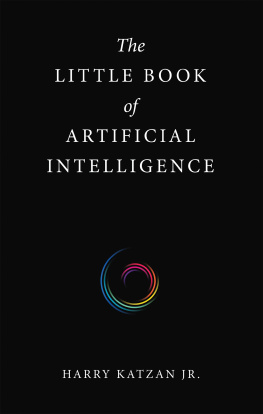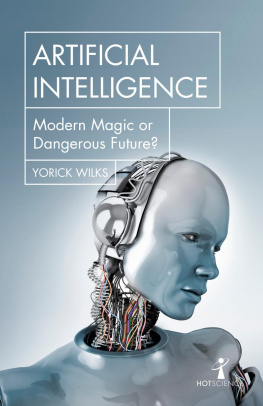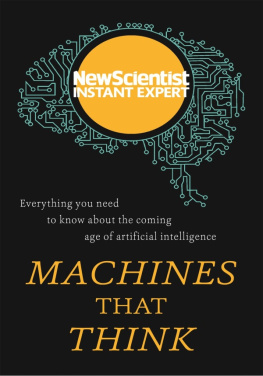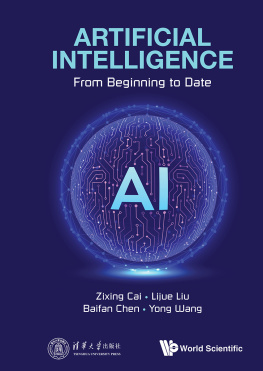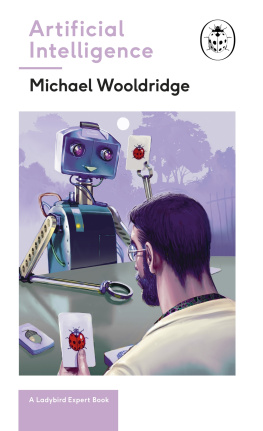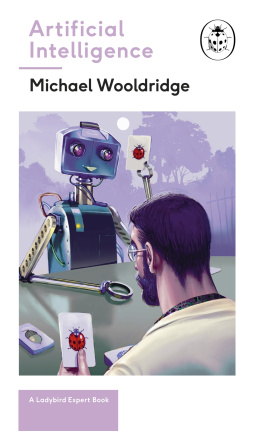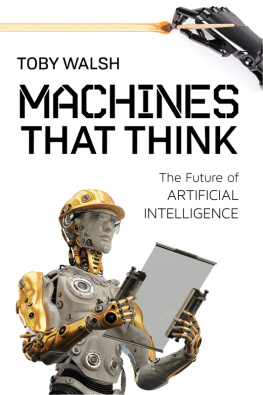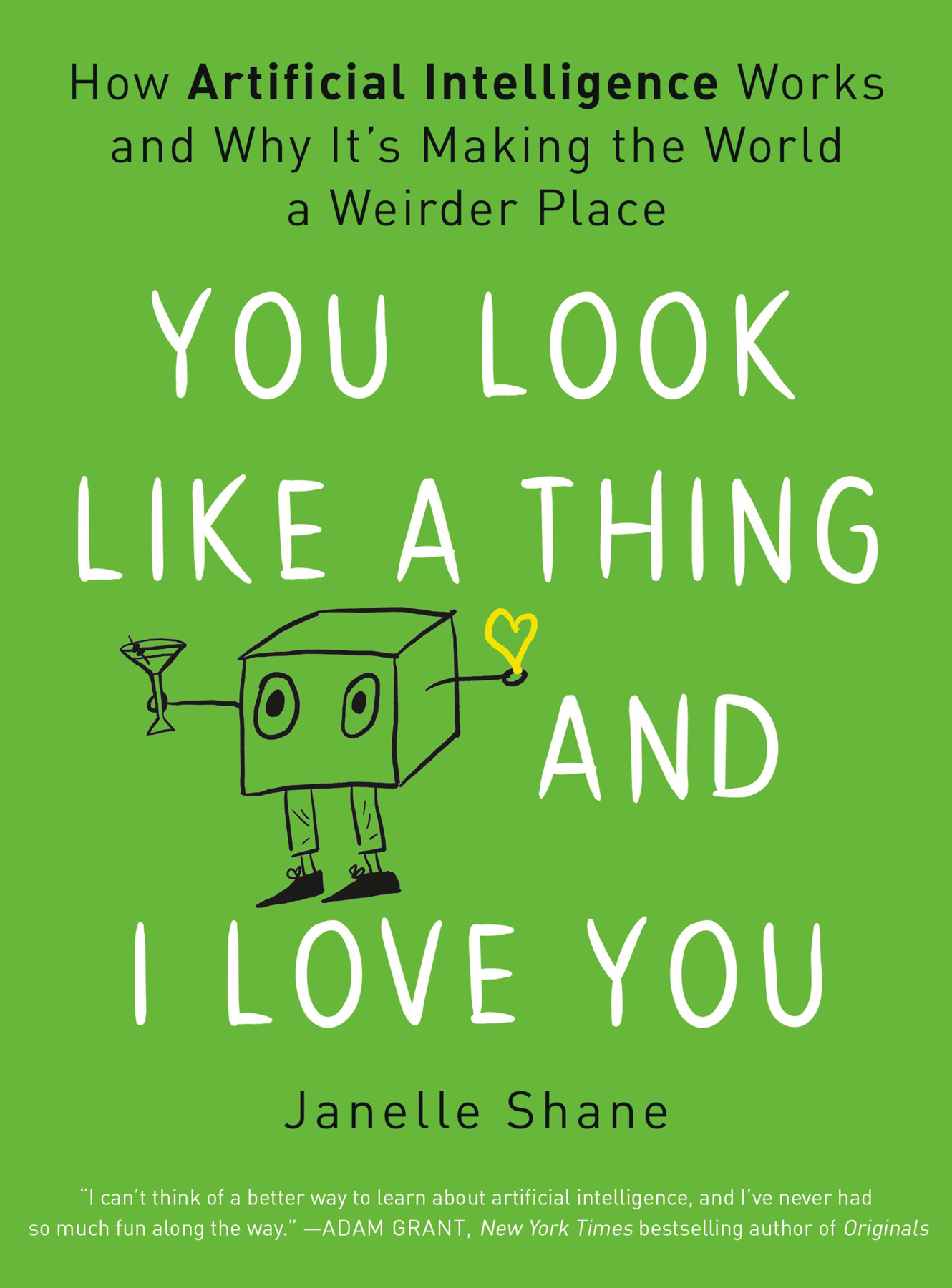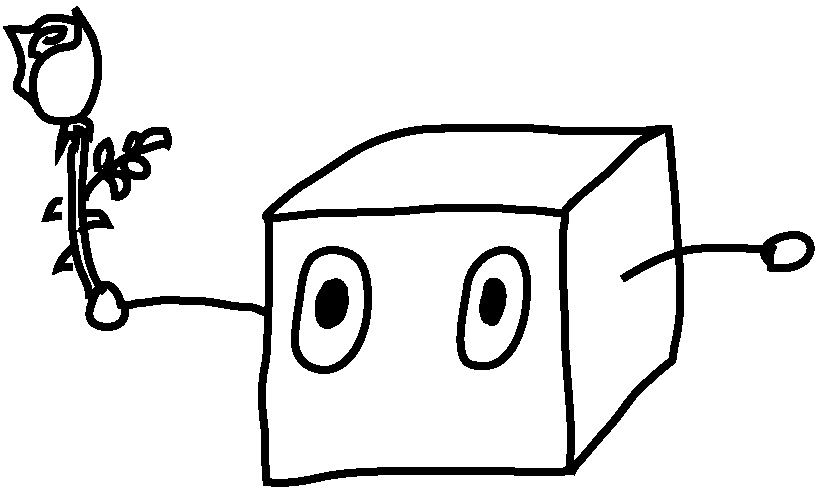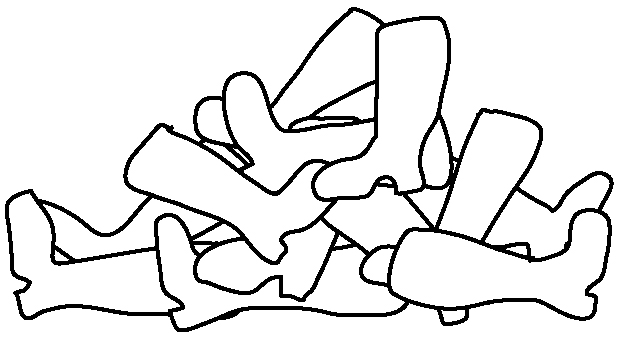Janelle Shane - You Look Like a Thing and I Love You; How Artificial Intelligence Works and Why Its Making the World a Weirder Place
Here you can read online Janelle Shane - You Look Like a Thing and I Love You; How Artificial Intelligence Works and Why Its Making the World a Weirder Place full text of the book (entire story) in english for free. Download pdf and epub, get meaning, cover and reviews about this ebook. year: 2019, publisher: Voracious, genre: Home and family. Description of the work, (preface) as well as reviews are available. Best literature library LitArk.com created for fans of good reading and offers a wide selection of genres:
Romance novel
Science fiction
Adventure
Detective
Science
History
Home and family
Prose
Art
Politics
Computer
Non-fiction
Religion
Business
Children
Humor
Choose a favorite category and find really read worthwhile books. Enjoy immersion in the world of imagination, feel the emotions of the characters or learn something new for yourself, make an fascinating discovery.

- Book:You Look Like a Thing and I Love You; How Artificial Intelligence Works and Why Its Making the World a Weirder Place
- Author:
- Publisher:Voracious
- Genre:
- Year:2019
- Rating:5 / 5
- Favourites:Add to favourites
- Your mark:
You Look Like a Thing and I Love You; How Artificial Intelligence Works and Why Its Making the World a Weirder Place: summary, description and annotation
We offer to read an annotation, description, summary or preface (depends on what the author of the book "You Look Like a Thing and I Love You; How Artificial Intelligence Works and Why Its Making the World a Weirder Place" wrote himself). If you haven't found the necessary information about the book — write in the comments, we will try to find it.
Discover the book that Malcolm Gladwell, Susan Cain, Daniel Pink, and Adam Grant want you to read this year, an accessible, informative, and hilarious introduction to the weird and wonderful world of artificial intelligence (Ryan North).
You look like a thing and I love you is one of the best pickup lines ever... according to an artificial intelligence trained by scientist Janelle Shane, creator of the popular blog AI Weirdness. She creates silly AIs that learn how to name paint colors, create the best recipes, and even flirt (badly) with humans--all to understand the technology that governs so much of our daily lives.
We rely on AI every day for recommendations, for translations, and to put cat ears on our selfie videos. We also trust AI with matters of life and death, on the road and in our hospitals. But how smart is AI really... and how does it solve problems, understand humans, and even drive self-driving cars?
Shane delivers the answers to every AI question youve ever asked, and some you definitely havent. Like, how can a computer design the perfect sandwich? What does robot-generated Harry Potter fan-fiction look like? And is the worlds best Halloween costume really Vampire Hog Bride?
In this smart, often hilarious introduction to the most interesting science of our time, Shane shows how these programs learn, fail, and adapt--and how they reflect the best and worst of humanity.
You Look Like a Thing and I Love You is the perfect book for anyone curious about what the robots in our lives are thinking.
I cant think of a better way to learn about artificial intelligence, and Ive never had so much fun along the way. - Adam Grant, New York Times bestselling author of Originals
Janelle Shane: author's other books
Who wrote You Look Like a Thing and I Love You; How Artificial Intelligence Works and Why Its Making the World a Weirder Place? Find out the surname, the name of the author of the book and a list of all author's works by series.

